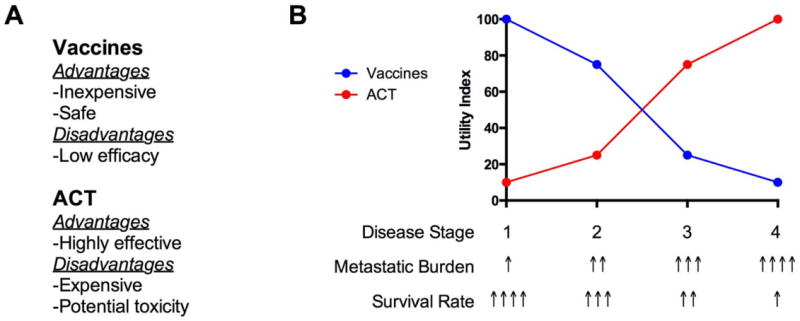Figure 1. Immunotherapeutic management of patients across disease stages.

A) Vaccines and adoptive cell therapy (ACT) are associated with significant advantages and disadvantages. B) Patients are typically diagnosed with cancer in one of four stages (1-4). Metastatic burden increases with disease stage from undetectable micrometastases in early stages to large distant metastases in late stages. Reflecting the increasing metastatic burden, survival decreases sharply with increasing stage. In the context of their low cost, toxicity and decreasing efficacy with tumor burden, vaccines likely have the greatest utility in early stage patients. However, due to the high costs and treatment-associated risk to patients, ACT is inappropriate for early stage patients. Rather, ACT is ideally suited for late stage patients in which ACT has demonstrated the ability to eliminate even very large tumor burdens. Optimal patient management will come with ability to identify the appropriate combination of the available immunotherapeutics and conventional chemo/radio –therapeutics.
